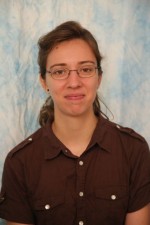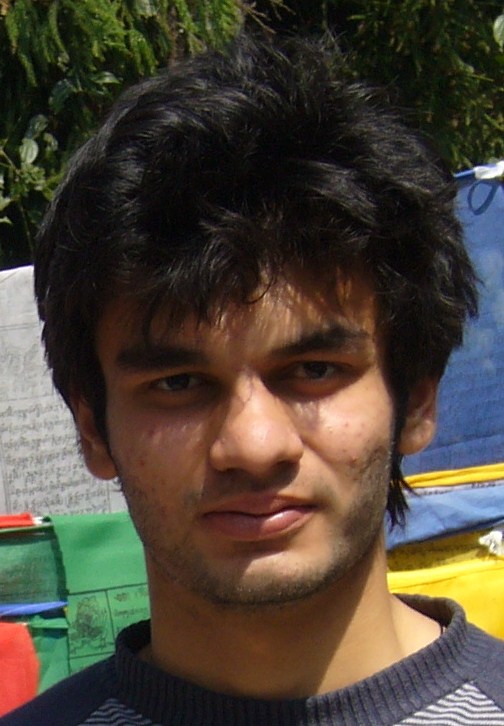Marine Robotics: Planning, Decision Making, and Learning
Abstract: Underwater gliders, propeller-driven submersibles, and other marine robots are increasingly being tasked with gathering information (e.g., in environmental monitoring, offshore inspection, and coastal surveillance scenarios). However, in most of these scenarios, human operators must carefully plan the mission to ensure completion of the task. Strict human oversight not only makes such deployments expensive and [...]
Faculty Candidate: David Braun
Areas of interest: Robotics, Optimal Control, System Dynamics, Impedance Control, Variable Impedance Actuators Host: Hartmut Geyer Admin Contact: Keyla Cook keylac@andrew.cmu.edu
Carnegie Mellon University
Kernel and Moment based Prediction and Planning: Applications to Robotics and Natural Language Processing
Abstract This thesis focuses on moment and kernel-based methods for applications in Robotics and Natural Language Processing. Kernel and moment-based learning leverage information about correlated data that allow the design of compact representations and efficient learning algorithms. We explore kernel algorithms for planning by leveraging inherently continuous properties of reproducing kernel Hilbert spaces. We introduce [...]
On challenges in image generation
Abstract: Recent work has shown impressive success in automatically synthesizing new images with desired properties such as transferring painterly style, modifying facial expressions, increasing image resolution or manipulating the center of attention of the image. In this talk I will discuss two of the standing challenges in image synthesis and how we tackle them: - [...]
Faculty Candidate: Ling-Qi Yan
Areas of Interest: Physically-based rendering, appearance modeling, molumetric scattering, light transport algorithms, sampling & reconstruction theory Host: Srinivasa Narasimhan Admin Contact: Nora Kazour nkazour@andrew.cmu.edu
Learning Common Sense: a Grand Challenge for Academic AI Research
Abstract: In a world where Google, Facebook, and others possess massive proprietary data sets, and unprecedented computational power---how is a graduate student to make a dent in the universe? I’ll address this conundrum by re-visiting one of the holy grails of AI: acquiring, representing, and utilizing common-sense knowledge. Can we leverage modern methods including deep [...]
Signal Processing – From Images to Surfaces
Abstract: In this talk we will revisit some classical techniques from image processing and explore what is involved in translating them to the context of surfaces. We will show that by leveraging existing methodology from discrete differential geometry, it is often easy to extend the image-based techniques so that they can be used to edit [...]
Faculty Candidate: Computational Sensorimotor Learning
Areas of Interest: Artificial Intelligence Host: Abhinav Gupta Admin Contact: Chris Downey cdowney@andrew.cmu.edu Abstract: An open question in artificial intelligence is how to endow agents with common sense knowledge that humans naturally seem to possess. A prominent theory in child development posits that human infants gradually acquire such knowledge by the process of experimentation. [...]
Faculty Candidate: Designing interactive algorithms for human-robot collaboration
Areas of Interest: Robot control, human-robot interaction, artificial intelligence Abstract: We are on the cusp of a fundamental revolution in how robotics at large will be consumed by and assimilated into our everyday life. In the next decade, state of the art robot platforms will become easier to deploy, more accessible to purchase, and [...]
Bio-inspired dynamics for multi-agent decision-making
Abstract: I will present distributed decision-making dynamics for multi-agent systems, motivated by studies of animal groups, such as house-hunting honeybees, and their extraordinary ability to make collective decisions that are both robust to disturbance and adaptable to change. The dynamics derive from principles of symmetry, consensus, and bifurcation in networked systems, exploiting instability as a [...]









